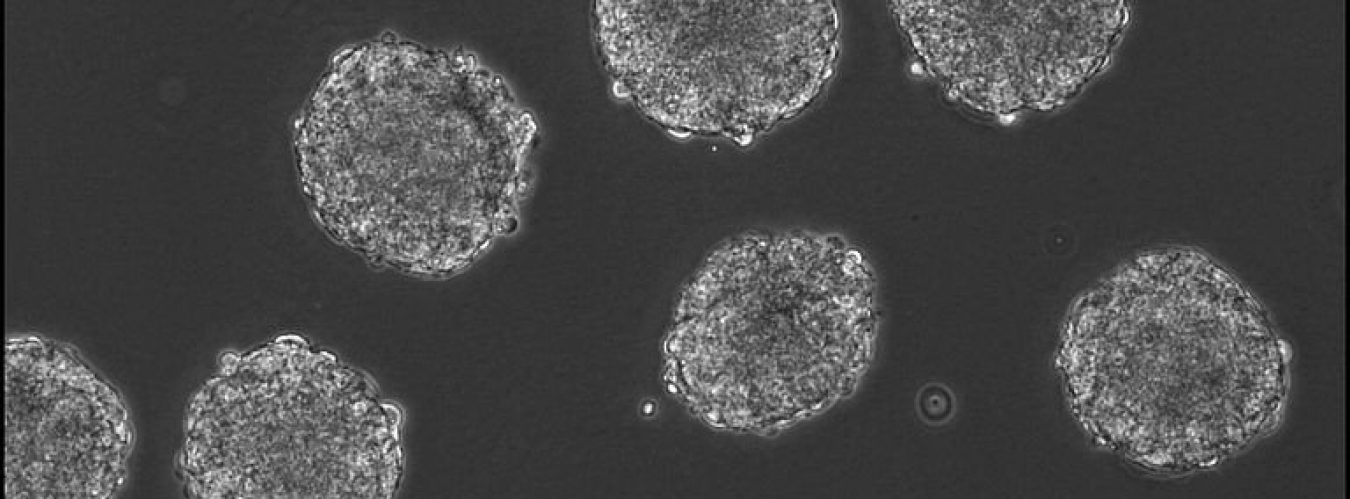Scientists from the Australian National University (ANU) and Peter MacCallum Cancer Centre have recently discovered that a protein, called Menin, contributes to abnormal deactivation of specific genes in cancer cells during a mouse study. They figured this out by carefully controlling H3K4me3 and H3K27me3 histone modifications, which are essential for normal development and frequently found to be corrupted in cancer cells. During development and normal cell function, these histones are kept in a careful balance by multiple other factors. However, with CRISPR–Cas9 gene editing, a deletion of Menin from cancer cells can turn on immune genes. This would help the immune system detect and kill them. Thanks to this new development, there are new drugs currently being developed and tested in clinical trials for specific forms of leukemia. Targeting Menin, coupled with other treatments, could be used to more effectively kill lymphoma and lung cancer cells. Yet another piece to the puzzle and a spark of hope for those affected by these diseases. For those interested in more detail, here is the original paper:
https://www.nature.com/articles/s41556-022-01056-x

I like reading your posts. Keep up the good work.